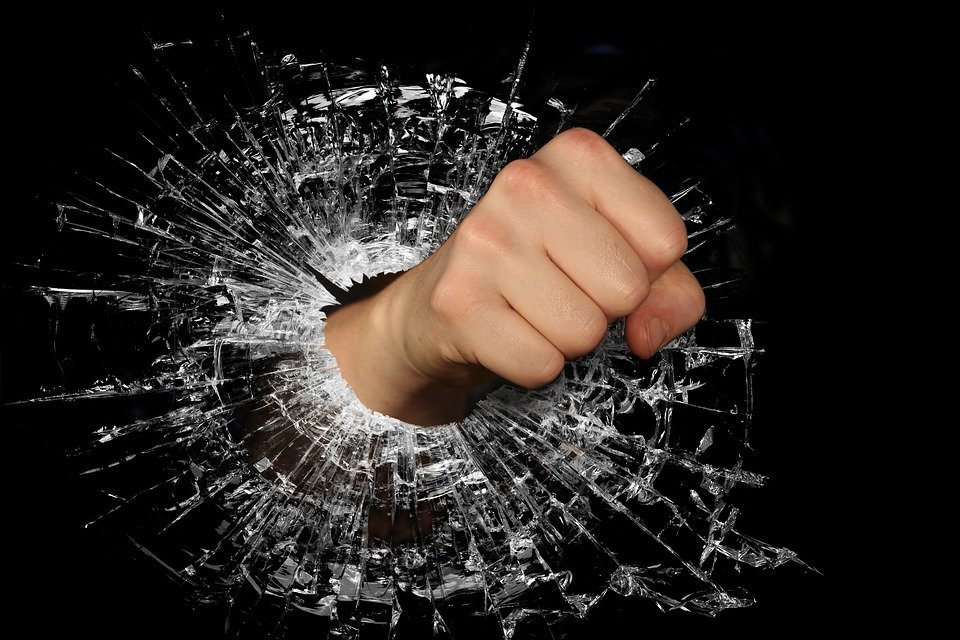Behavioral Difficulties
Self-defeating behaviors and problematic coping strategies cause distress which can usually be eliminated through effective psychotherapy. Scroll down this page to learn about behavioral habits and how you can start taking active steps to break them and regain your freedom (emotional, sexual, intellectual, and relational).
If you engage in any of the following behaviors, effective psychotherapy may help you change the way your mind is working so you can Improve Your Quality of Life.
.
Devaluation: Treating others better than you treat yourself or treating everyone else as though they are beneath you.
Body Dysmorphia or Obsession With Your Appearance: Taking care of how you look on the outside but ignoring your important feelings and healthy goals (measuring your worth by your appearance).
Minimization: Not expressing yourself honestly or in the precise way you want to or should because you don't take yourself seriously.
Excessive Drinking: drinking alcohol to "cope with" or temporarily distract from anxiety and difficult feelings or situations.
Sex & Pornography Addiction: Using sex and pornography in a compulsive way that is destructive to your values, your goals, and/or the relationships that matter to you.
Compulsive Over-Eating: eating to avoid, "cope with," or bind anxiety and distract yourself from other problems; eating to excess.
Drug Addiction: reliance on drugs to "cope with" or temporarily distract from anxiety and difficult feelings, situations, or people (including marijuana, opioids, and prescription drugs).
Compulsive Spending: spending money on clothes, cars, watches, wine...as a way to boost the ego, avoid your feelings or conflict, or as a way to temporarily “cope.”
Compulsive Gambling: having little or no control over gambling activities; wanting to stop gambling but not being able to quit.
Poor Coping & Emotion Regulation Skills: relying on distractions instead of facing and handling your problems (see Defense Mechanisms for more info).
Feeling Avoidance: avoiding feelings altogether (your own and/or the feelings of others you should care about).
Exhibitionism: wealth flaunting or other exhibitionistic behavior as a way to elevate your mood or distract you from anxiety and your real feelings.
Anger Management Problems: relying on angry outbursts or addictions to distract from and discharge anxiety and aggression.
Psychosomatic Conditions: suffering from physical symptoms without an identifiable medical cause (e.g. irritable bowel syndrome, chronic fatigue, migraine headaches, nausea, hypochondriasis, chronic pain, or other medically unexplained symptoms, etc).
Bad Habits
Destructive habits can be difficult to kick without effective help and a well-defined strategy for psychological change. Understanding how habits form and being attentive to your habit cycles can help you design and implement a successful strategy in conjunction with your psychotherapy. Dr. Jud’s video sheds light on how habits get wired in our brains. With the help of a skilled psychotherapist, you can change your self-destructive habits, compulsions and ineffective feeling-management strategies.
This excerpt showcases how an unpleasant or uncomfortable trigger (e.g., messy feelings, a fight with your partner, not achieving a performance goal,…) can spark habitual behaviors that lead to (short-lived) relief (reward) which perpetuates habitual and self-defeating cycles . The temporary reward increases the likelihood we will repeat the addictive behavior (for the reward) even though the behavior is ultimately destructive to us, our loved ones, and our goals.











